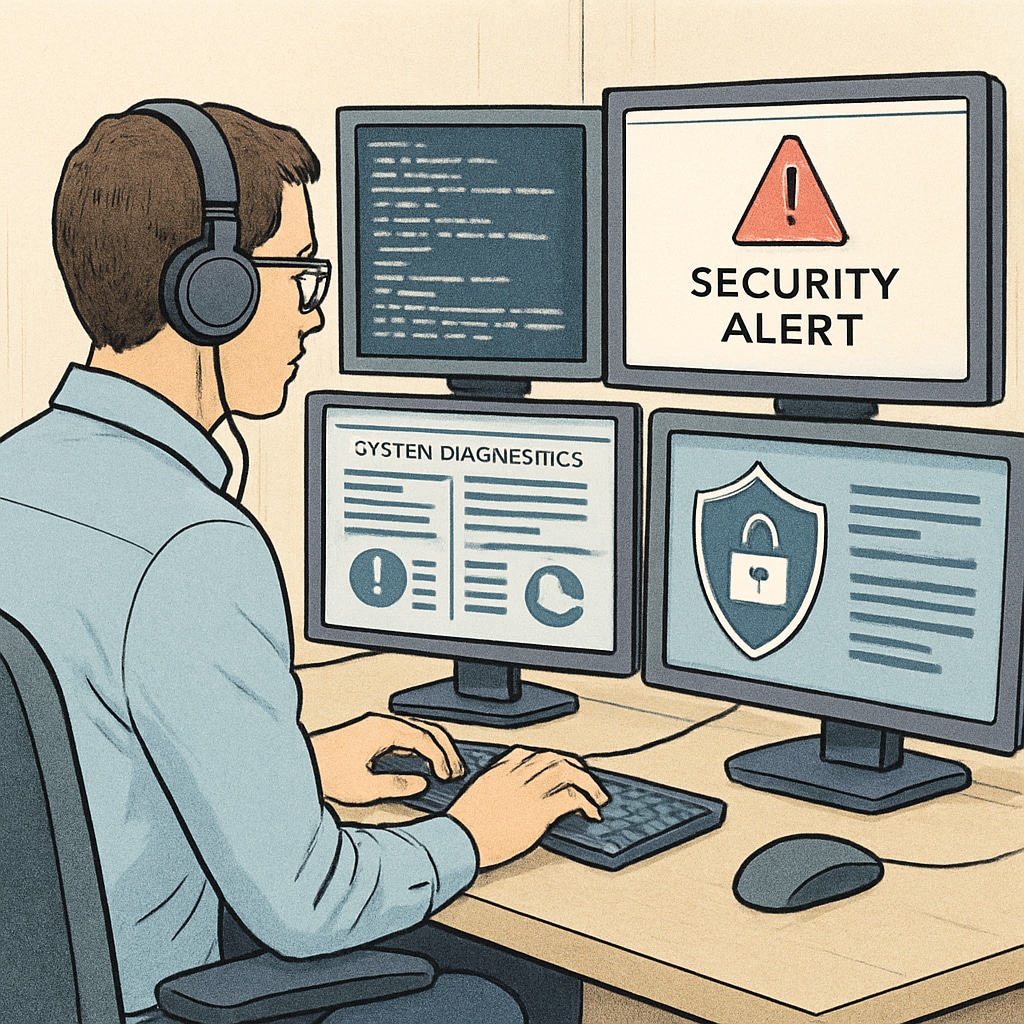In today’s tech-driven world, the fields of cybersecurity and data science stand out as two of the most promising career options. For K12 students exploring their future paths, understanding these professions’ differences in terms of job opportunities, industry growth, and work-life balance is crucial. This guide delves into the career prospects of both fields, helping young learners make informed decisions about their future.
Understanding Cybersecurity: Protecting the Digital Frontier
Cybersecurity focuses on protecting systems, networks, and data from cyber threats. With the increasing number of cyberattacks worldwide, the demand for skilled cybersecurity professionals is at an all-time high. According to Britannica’s guide on cybersecurity, this field encompasses roles such as security analysts, penetration testers, and incident responders.
The work of cybersecurity specialists is critical for organizations ranging from government agencies to private corporations. These professionals often work in high-stakes environments, ensuring that sensitive information remains secure. While the job can be stressful due to the constant threat of attacks, it offers a sense of purpose and the opportunity to make a significant impact.
- Job Growth: The U.S. Bureau of Labor Statistics predicts a 35% growth in information security roles by 2031.
- Average Salary: Cybersecurity professionals earn an average of $100,000 per year, depending on experience and specialization.
- Work Environment: Positions may require on-call hours to address emergencies, but many companies now offer remote work options.

Exploring Data Science: Transforming Data into Insights
Data science focuses on analyzing and interpreting large datasets to uncover patterns and insights that drive decision-making. As businesses increasingly rely on data to gain a competitive edge, data science professionals have become indispensable. Wikipedia’s article on data science highlights its interdisciplinary nature, combining statistics, computer science, and domain expertise.
Data scientists work in diverse industries, including healthcare, finance, and e-commerce. Their roles often involve designing algorithms, building predictive models, and visualizing data to communicate findings effectively. This field is ideal for those who enjoy problem-solving and have a strong analytical mindset.
- Job Growth: The demand for data scientists is projected to grow by 36% over the next decade.
- Average Salary: Data scientists typically earn around $120,000 annually, with higher salaries for advanced roles.
- Work Environment: Most roles offer flexible schedules and opportunities for remote work, providing excellent work-life balance.

Key Differences Between Cybersecurity and Data Science Careers
While both fields are thriving, they cater to different interests and skill sets. Below are some factors to consider:
- Nature of Work: Cybersecurity is defensive, focusing on preventing and mitigating threats, while data science is analytical, emphasizing data-driven solutions.
- Skills Required: Cybersecurity relies on knowledge of IT systems, cryptography, and ethical hacking. Data science demands proficiency in data analytics, machine learning, and programming languages like Python.
- Job Stress: Cybersecurity roles can be high-pressure during breaches, whereas data science jobs typically offer a more relaxed pace.
Choosing between these fields depends on your interests, strengths, and long-term career goals. Both offer lucrative opportunities and the chance to play a significant role in shaping the future.
Readability guidance: This article uses short paragraphs and bulleted lists to summarize key points. Transition words like “while,” “therefore,” and “in addition” are used to ensure flow. Passive voice and long sentences are minimized for clarity.


